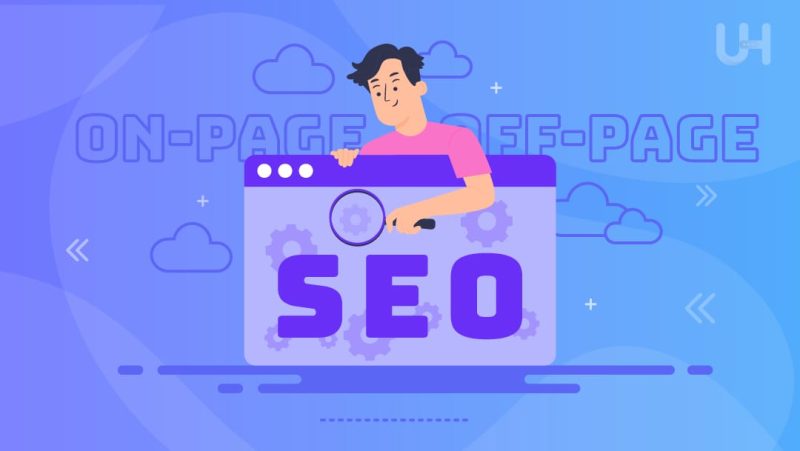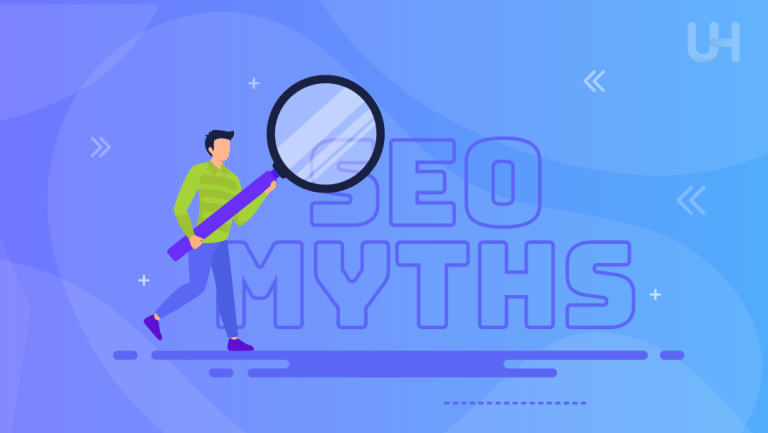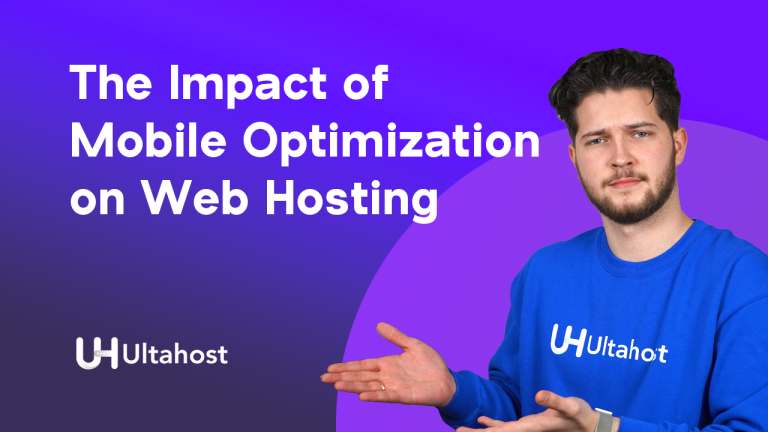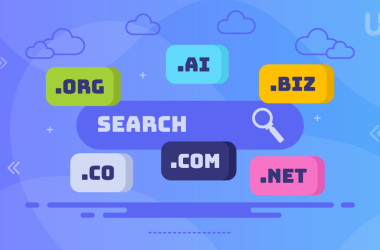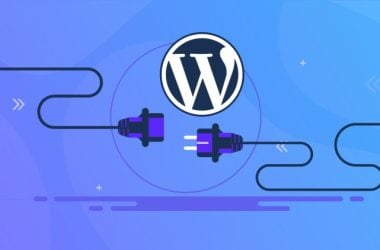In digital marketing, mastering Search Engine Optimization (SEO) is a fundamental requirement for success. When it comes to optimizing a website for search engines, two main approaches stand out: On-Page SEO and Off-Page SEO. Understanding the differences between On-Page SEO vs. Off-Page SEO strategies and how to implement them effectively is the key to achieving higher search engine rankings and driving organic traffic to your website.
In this comprehensive guide, we’ll discuss On-Page SEO and Off-Page SEO, exploring their definitions, key elements, best practices, and the significance of combining these approaches.
On-Page SEO: Unveiling the Power of On-Site Optimization
On-page SEO, as the name suggests, primarily involves optimizing the elements on your website’s pages. It’s about tailoring your content and website structure to make it more appealing to search engines and, by extension, to your audience. The importance of On-Page SEO cannot be overstated. It serves as the foundation upon which successful off-page efforts are built.
Key Elements of On-Page SEO
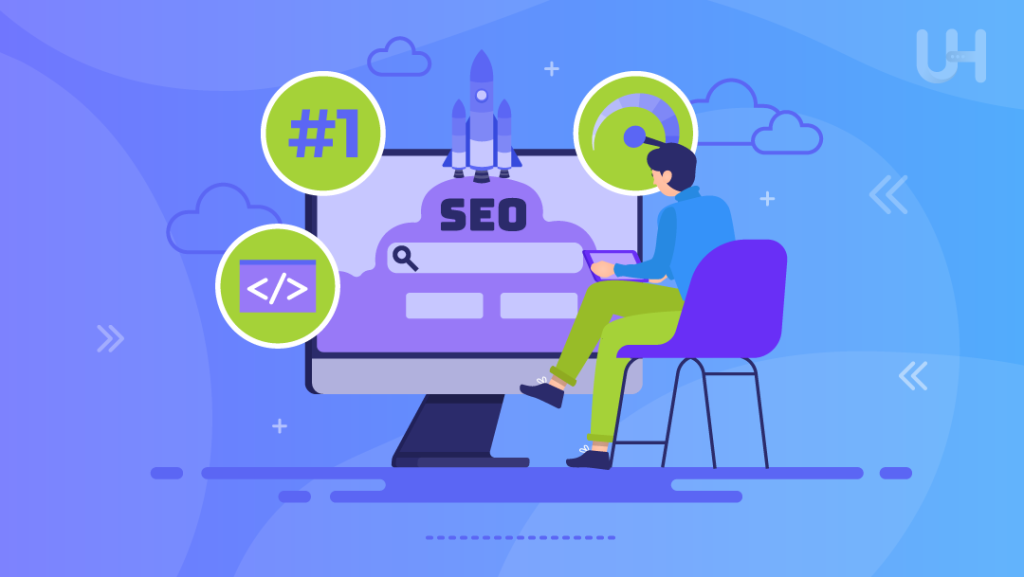
A well-optimized title tag is not just a label; it’s a hook that draws users in and informs search engines about your content’s focus. It’s the first impression your page makes, so it needs to be compelling and contain relevant keywords. Additionally, a carefully crafted title tag can significantly influence your click-through rates from search engine results pages (SERPs).
Meta Descriptions: Your Content’s Elevator Pitch
Meta descriptions are the elevator pitch of your content. They provide a brief yet attractive overview of what your page offers. Crafting these descriptions skillfully can improve your click-through rates from search engine results pages (SERPs). A well-written meta description excites users to explore your content further.
Headers (H1, H2, H3, etc.) help structure your content, making it more readable for users and understandable for search engines. These tags also guide readers through the content hierarchy, improving the overall user experience on your website.
Content Optimization: The Heart of On-Page SEO
High-quality, relevant content is the heart and soul of On-Page SEO. It should engage your audience, address their needs, and seamlessly incorporate targeted keywords. Quality content not only attracts visitors but also holds their attention and encourages them to explore your website further.
URL Structure: Crafting User-Friendly Links
A clean and descriptive URL structure enhances user experience and helps search engines understand the topic of a page. An intelligible URL also contributes to your website’s overall accessibility and user-friendliness.
Internal links connect different pieces of content on your website, improving navigation, distributing link equity, and guiding users to related information. These links not only enhance user experience but also signal to search engines the relevance and interconnectedness of your content.
Image Optimization: The Visual Element of SEO
Optimizing images with descriptive filenames and alt text not only enhances page speed but also improves accessibility for all users. By providing alternative text, you make your content more inclusive and better optimized for search engines and visually impaired users.
Best Practices: Fine-Tuning Your On-Page SEO Strategies
To effectively implement On-Page SEO, consider the following best practices:
- Keyword Research is the Foundation of Success: Begin with thorough keyword research to identify the most relevant and valuable keywords for your content. Try to avoid keyword cannibalization because it can affect your website negatively. Moreover, extensive keyword research sets the stage for the rest of your On-Page SEO efforts, helping you understand what your target audience is searching for and how to meet their needs.
- Quality Content is Non-Negotiable: Create high-quality, original, and engaging content that provides real value to your audience. Optimized content is not only a magnet for visitors but also a factor that encourages other websites to link to yours, supporting your off-page SEO efforts.
- Optimize Images for Performance and Accessibility: Optimize images to enhance page speed and ensure accessibility for all users, including those with disabilities. Image optimization plays a critical role in providing a seamless user experience and reducing bounce rates.
- User-Friendly Website Structure: Maintain a user-friendly website structure with clear navigation, making it easy for visitors to find the content they seek. An intuitive structure not only improves user experience but also signals to search engines the logical organization of your website.
- Mobile-Friendly and Speedy: Ensure that your website is mobile-friendly and loads quickly, as site speed is a significant factor in both user experience and search engine rankings. Mobile optimization is essential in today’s digital landscape, where a growing number of users access websites via mobile devices.
Off-Page SEO: Building Your Digital Footprint
While On-Page SEO deals with optimizing your website’s internal elements, Off-Page SEO is all about actions taken outside your website that influence its search engine rankings. It’s primarily centered on building your site’s reputation and authority across the web. Off-page SEO is equally vital as it demonstrates your website’s credibility to search engines and users.
Key Elements of Off-Page SEO
Social signals include likes, shares, comments, and other social media interactions related to your content. They serve as a testament to your content’s relevance and influence in the digital sphere.
Online Reputation Management: Your Digital Image
Online reputation management involves monitoring and managing mentions, reviews, and discussions about your brand or website on the Internet. Positive mentions contribute to your online credibility and trustworthiness.
Backlinks: The Backbone of Off-Page SEO
Backlinks, also known as inbound or incoming links, are links from other websites to your site. These are like digital endorsements, signifying to search engines that your content is valuable and trustworthy. A strong Digital PR service can help you earn high-quality backlinks by promoting your brand through authoritative media placements, influencer collaborations, and strategic outreach.
Best Practices: Mastering Off-Page SEO Strategies
Effectively implementing Off-Page SEO involves the following strategies:
- Link Building – The Art of Quality Over Quantity: Focus on acquiring high-quality, authoritative backlinks from reputable and relevant websites. Quality always trumps quantity when it comes to backlinks. Remember, a single link from an authoritative source can have a more significant impact than dozens of low-quality links.
- Social Media Engagement – Connect and Share: Engage with your audience on social media platforms and encourage sharing of your content. Your social media presence is an extension of your brand, and engagement can lead to more visibility and traffic.
- Online Reputation – Monitor and Respond: Monitor reviews and mentions of your brand and address any negative feedback proactively. A positive online reputation enhances your trustworthiness and can lead to higher search engine rankings.
Supercharge Your SEO with Ultahost SEO VPS!
Unlock the full potential of your SEO efforts with Ultahost’s SEO VPS solutions. Take your website to the top of the search results and boost your online presence. Get started today and watch your rankings increase.
Key Differences Between On-Page and Off-Page SEO
On-page SEO masterfully optimizes elements within your website, creating an environment for fast WordPress hosting to work seamlessly. This includes content, site structure, and technical aspects. You have immediate control, allowing for direct changes. It emphasizes content quality, keyword optimization, user experience, and on-site technicalities, like title tags and internal links.
Off-page SEO, in contrast, revolves around actions taken externally to boost your site’s reputation and authority. You have less direct control and depend on external sources. It primarily entails building backlinks, which act as endorsements. Social signals, online reputation management, and external links from other sites to yours are pivotal in Off-Page SEO.
These distinctions are fundamental: On-Page SEO focuses on internal site elements, while Off-Page SEO emphasizes actions external to your website. An effective SEO strategy often integrates both, as they complement each other to enhance your site’s visibility and credibility for search engines and users.
Combining On-Page and Off-Page SEO: The Power of Synergy
The true magic of SEO unfolds when On-Page and Off-Page strategies work together in harmony. On-page SEO ensures that your website is well-structured, informative, and user-friendly, optimizing elements like content quality and technical aspects. Off-page SEO, on the other hand, focuses on building your website’s reputation and authority in the broader digital landscape. When these two approaches are seamlessly integrated, they create powerful coordination.
On-Page SEO, enriched by the capabilities of a virtual private server, not only lays the groundwork for Off-Page efforts but also ensures that the visitors your Off-Page efforts attract find a well-optimized, engaging, and user-friendly website. Simultaneously, Off-Page SEO enhances your website’s credibility and reputation, which, in turn, positively impacts your search engine rankings. By embracing this relationship, you can significantly enhance your website’s visibility and credibility, attracting a higher volume of organic traffic and achieving your digital marketing goals more effectively.
Tools and Resources: Your SEO Toolkit
To aid you in your SEO endeavors, consider using the following tools and resources:
Keyword Research Tools: Google Keyword Planner, SEMrush, Ahrefs
Keyword research is the foundation of any successful SEO strategy. These tools help you identify the most relevant keywords for your content.
On-Page SEO Tools: Yoast SEO, Moz, Screaming Frog
These tools offer insights and recommendations to optimize your on-page elements effectively.
Backlink Analysis Tools: Ahrefs, Majestic, Open Site Explorer
Backlink analysis tools help you evaluate the quality and quantity of your backlinks, allowing you to identify areas for improvement.
Managing your social media presence is easier with these tools, allowing you to schedule posts, track engagement, and measure the impact of your social efforts.
Conclusion: The Ongoing Journey of SEO
SEO remains a fundamental aspect of online success. Understanding the basics of On-Page and Off-Page SEO and effectively implementing strategies for each is paramount. Remember that SEO is an ongoing process, and staying updated with industry trends and search engine algorithms is essential. For seamless SEO management, consider the invaluable role of ‘renting a VPS,’ which not only enhances your control but also accelerates your online journey to excellence.
By optimizing your website’s internal elements with On-Page SEO and building a strong online presence through Off-Page SEO, you can enhance your search engine rankings, attract more organic traffic, and ultimately achieve your online marketing goals.
Lastly, it’s crucial to stay ahead of the competition and continuously refine your strategies. To maximize your efforts, consider our virtual server hosting solutions. It is a complete hosting package that ensures your website is optimized and always accessible. Your success in the digital landscape is our priority. Get started today and experience the difference with Ultahost hosting.
FAQ’s
While both On-Page and Off-Page SEO are crucial for a comprehensive SEO strategy, it’s advisable not to prioritize one over the other. Striking a balance is essential. On-Page SEO ensures a solid foundation for your website, optimizing the elements that search engines and users interact with directly. In parallel, Off-Page SEO focuses on establishing your website’s credibility and trustworthiness in the broader online ecosystem. Combining both approaches is the key to achieving the best results in search engine rankings.
Identifying high-quality backlink opportunities involves looking for websites and content that are relevant to your niche and have good domain authority. Outreach to authoritative websites, create compelling content and collaborate with influencers to secure valuable backlinks.
Conducting regular SEO audits is essential for maintaining your website’s health. It’s recommended to perform an SEO audit at least once every quarter to ensure that your site is optimized and up-to-date with search engine algorithms.
Yes, social media engagement is a crucial aspect of Off-Page SEO. Likes, shares, comments, and other social signals indicate your content’s relevance and influence in the digital sphere, contributing to your website’s authority.





